Projects
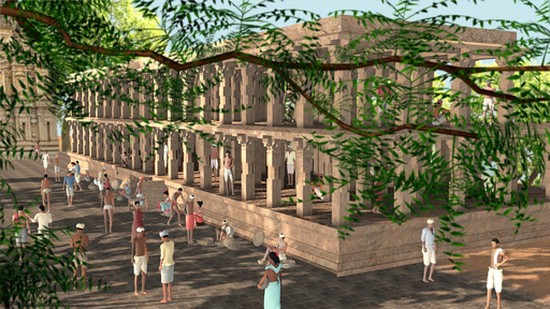
Digital Heritage
Populating virtual worlds to bring alive digital hertiage brings together numerous challenges from animation, rendering, virtual/augmented reality and 3D content creation. India Digital Heritage (IDH) Project Digital heritage applications use virtual characters extensively to populate reconstructions of heritage sites in virtual and augmented reality.
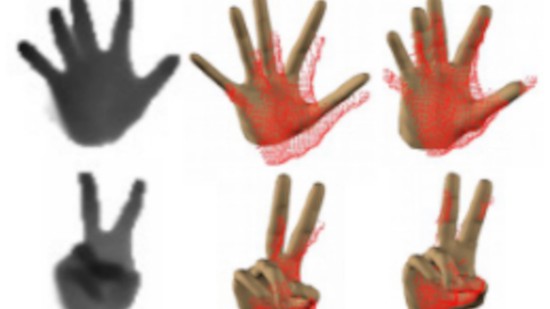
Hand Tracking for Virtual Reality
We investigate methods to robustly track our hands to facilitate more natural interaction and content creation in virtual reality.
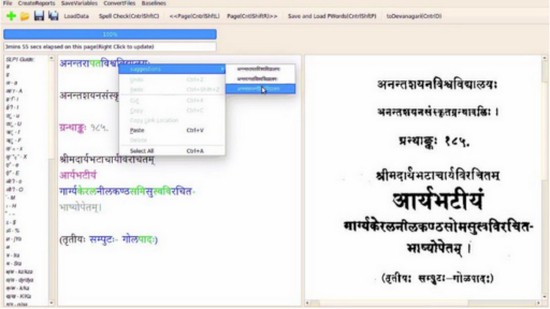
Improving OCR on Indic Scripts
We devise techniques to improve and correct OCR on documents written in Indic scripts. The methods have lead to the development of robust systems that are used to make old and new books writted in various scripts available in a digital format.
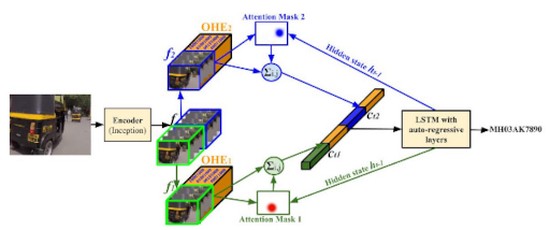
OCR for Scene Text in India
We work on the problem of recognizing license plates and street signs automatically in challenging conditions such as chaotic traffic.
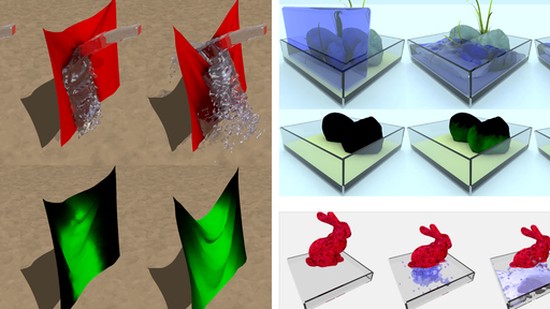
Physics-based Animation of Fluids and Deformable Solids
Physics-based animation uses ideas from applied and basic physics to computationally model the simulation of natural phenomena and characters. We look at fluid flow and how it interacts with solids. We model how it seeps into those solids and wets them.
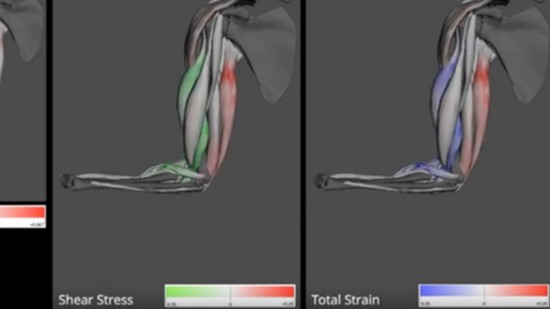
Physics-based Character Animation
Bio-mechanical modelling of musculature and computational models of movement, help us create characters that can respond to external stimuli naturally.
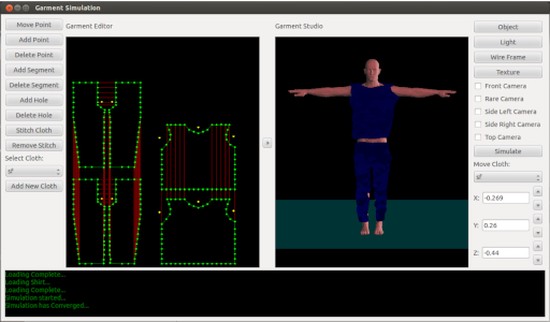
Physics-based Garment Simulation
We create a virtual garment simulator that allows us to dress virtual humans. We further develop intuitive interfaces to design the garment from 2D patterns, and drape it on the virtual character using a sketch based interface.
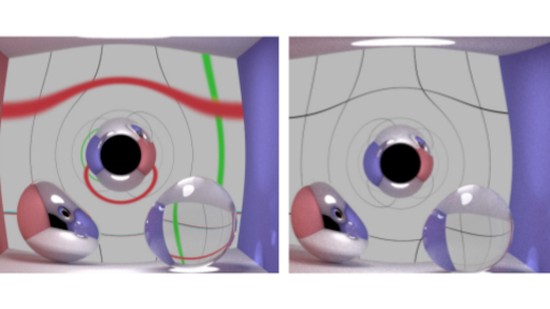
Physics-based Rendering
Physics-based rendering uses ideas from applied and basic physics to computationally model appearance of the world around us. We model the transfer of illumination in curved spacetime and develop acclerated renderers for point-based models.
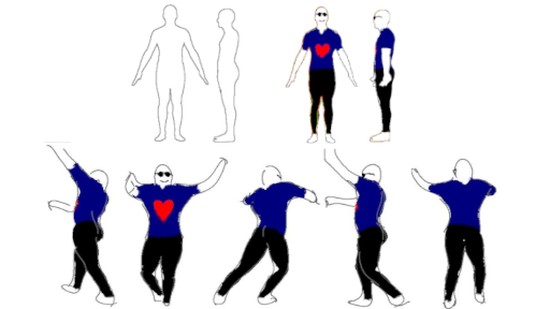
Sketch Based Interfaces for Character Animation
We create intuitive sketch-based interfaces for creating character animation, thus leveraging the skills of the traditionally trained animator. The systems develop also provide feedback and assitance to the novice animator, while allowing complete creative freedom.
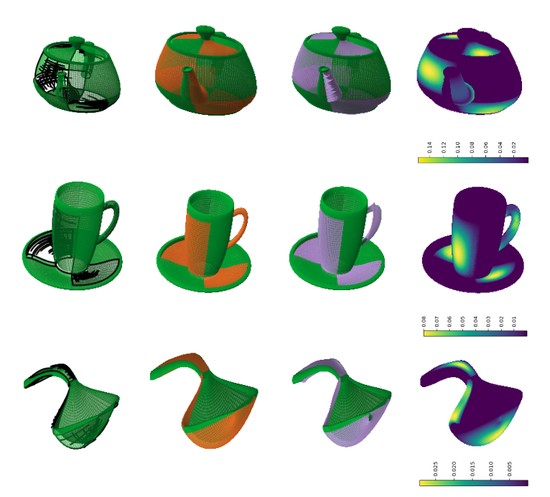
Sketch-based Interfaces for 3D Content Creation
Here we devise sketch-based interfaces for 3D content creation. The interfaces work with both 2D and 3D sketches on the desktop and in VR.
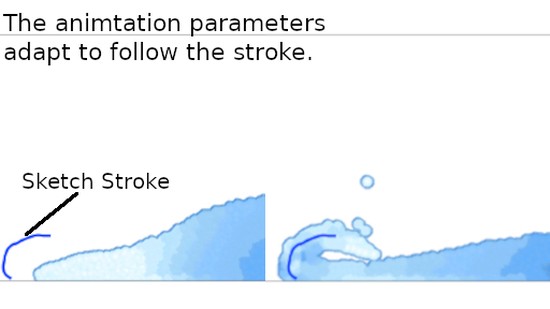
Sketch-based Interfaces for Physics-based Animation
Here we devise sketch-based interfaces to control and create physics-based animation. This frees the animators from having to adjust non-intuitive parameters to get they animation they desire.
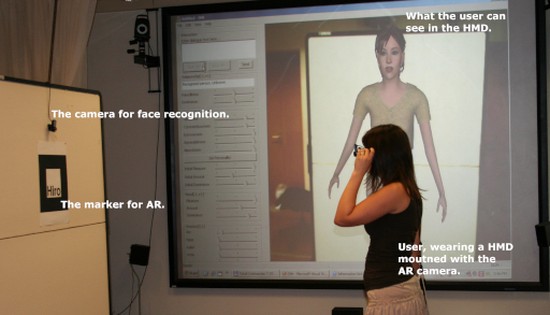
Responsive Character Animation
Computational models of memory and emotion control behavioural animation of the characters, thus allowing us to create more responsive characters. The low level animation adapts to the gaze of the human participant, which in enhances the sense of presense and believability during the interaction.
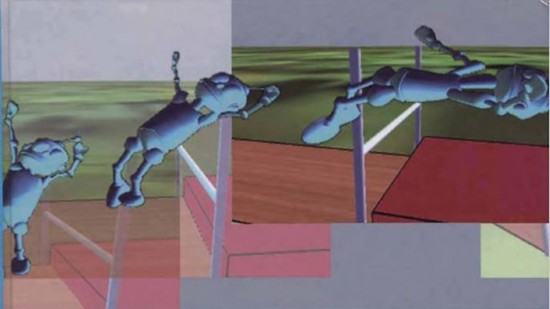
View-Dependent Character Animation
View-dependent character animation is a versatile technique designed to make moving camera, character animation easier and more intuitive to create. The Book Computer generated 3D animation has matured over the years into a rich and complex art form.